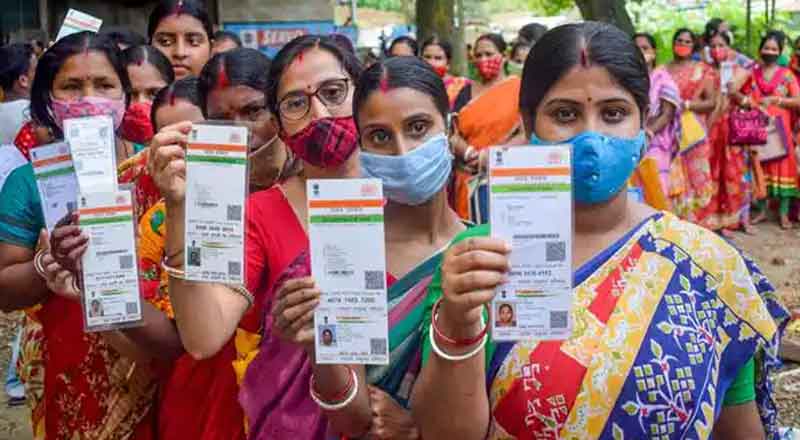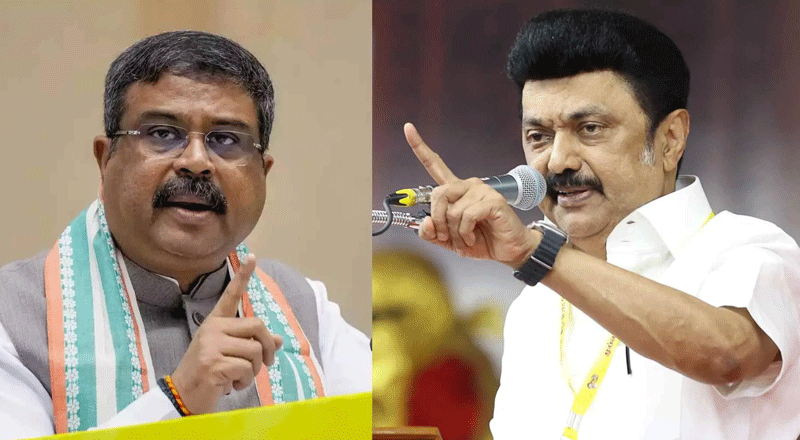- Global rating major Moody’s Investors Service has flagged concerns about security and privacy vulnerabilities in centralized identification systems like India’s Aadhaar programme.
- Amid India’s digital infra push, Moody’s says the world’s largest digital ID programme often denies service to users;
- It questions the reliability of biometric technology and warns of privacy and security risks.
- The Electronics and IT Ministry asserted that there have been no breaches reported from the unique ID system’s database till date.
- In a note titled “Aadhaar, the most trusted digital ID in the world — Moody’s Investors Service opinions baseless, the Ministry said a number of international agencies have lauded Aadhaar.
- it emphasized that over a billion Indians have also expressed their trust in Aadhaar by using it to authenticate themselves “over 100 billion times”.
Global rating major Moody’s Investors Service has flagged concerns about security and privacy vulnerabilities in centralized identification systems like India’s Aadhaar programme. The unique ID system often results in “service denials”, and using biometric technologies in humid conditions is unreliable, it noted. It termed the technology as Unreliable biometric tech.
The Aadhaar system enables access to public and private services, with verification via fingerprint or iris scans and alternatives like One-Time Passcodes (OTPs). However, it “faces hurdles, including the burden of establishing authorization and concerns about biometric reliability”, Moody’s said.
In a report on “Decentralized Finance and Digital Assets” issued on September 23, Moody’s acknowledged Aadhaar as “the world’s largest digital ID program” that assigns unique numbers to over 1.2 billion Indian residents using biometric and demographic data.
The rating agency termed Aadhaar, and a new crypto-based digital identity token called Worldline, as two digital ID systems in the world that stand out due to their scale and extent of innovation. However, Moody’s also said that they have “drawn scrutiny, especially concerning privacy and security”.
Stressing that ID systems like Aadhaar lead to the concentration of sensitive information with specific entities and increase the risks of data breaches, Moody’s made a pitch for decentralized ID (DID) systems such as digital wallets, based on blockchain capabilities that give users more control of their private data and can reduce online fraud.
“Consolidation of control within these entities could lead to a concentration of power over individual identities, shaping perceptions and interactions in the digital realm. Further polarization of group identities and political affiliations would undermine the goal of a united and diverse digital space,” it summed up.
The Electronics and IT Ministry asserted that there have been no breaches reported from the unique ID system’s database till date to dismiss concerns about security and privacy in a centralized system.
In a note titled “Aadhaar, the most trusted digital ID in the world — Moody’s Investors Service opinions baseless, the Ministry said a number of international agencies, including the IMF and the World Bank, have lauded Aadhaar and several nations have also engaged with the Unique Identification Authority of India (UIDAI) to understand how they may deploy similar digital ID systems. Moreover, it emphasized that over a billion Indians have also expressed their trust in Aadhaar by using it to authenticate themselves “over 100 billion times”.
The Moody’s report also ignores that biometric submission is also possible through contactless means like face authentication and iris authentication, the Electronics and IT Ministry said, adding that the option of mobile OTP (One-Time Passcode) is also available in many use cases.
Rebuffing doubts about security and privacy vulnerabilities in a centralized Aadhaar system, the Ministry said that the facts on these aspects have been repeatedly disclosed in response to Parliament questions.
(With inputs from agencies)





